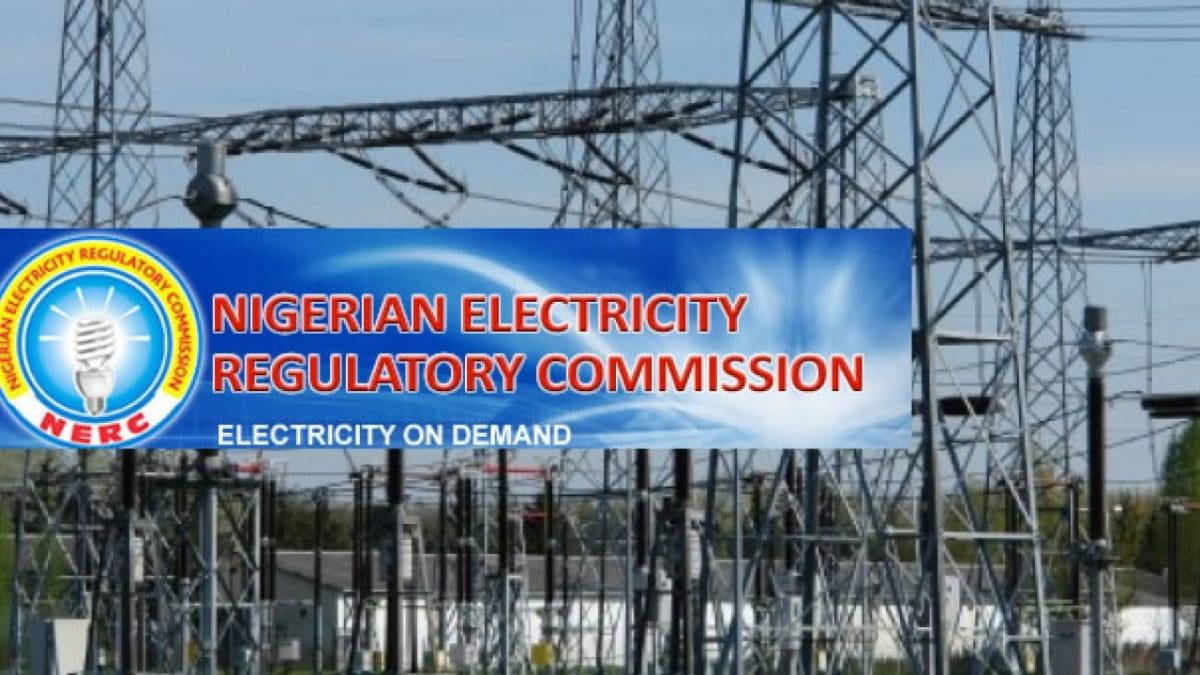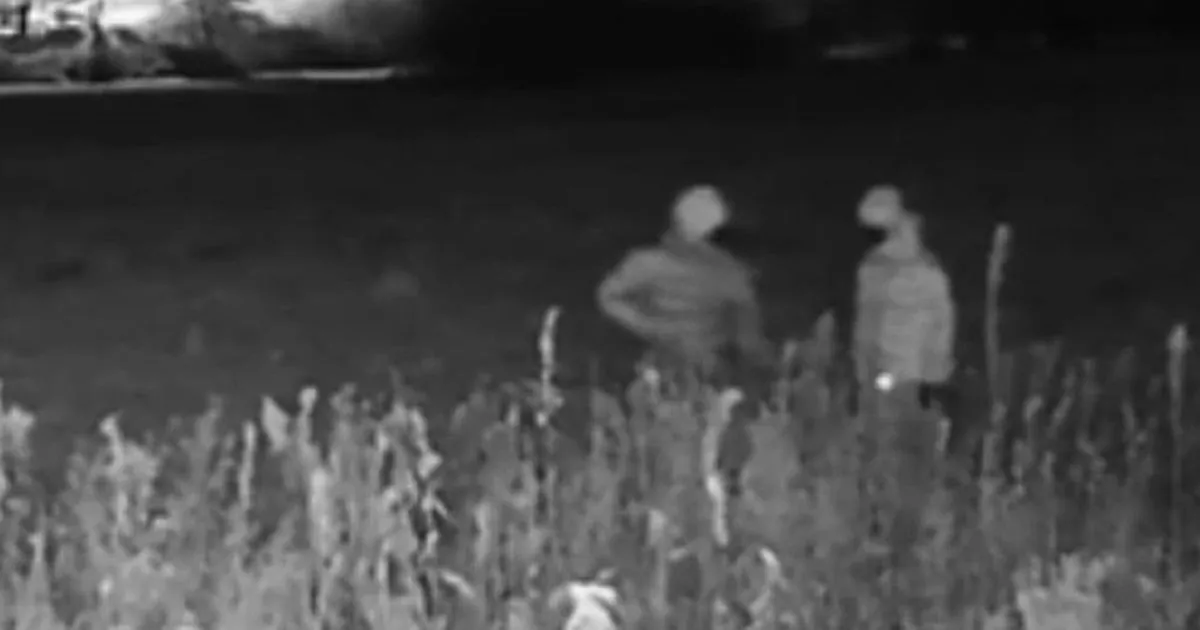
The Nigerian government will pay as much as N1.6 trillion to subsidise electricity in the year 2024.
The Chairperson of the Nigerian Electricity Regulatory Commission, (NERC), Sanusi Garba, disclosed this while speaking at a press conference in Abuja on Wednesday.
NERC also unveiled a new electricity tariff plan payable by electricity consumers in the country.
The Multi-Year Tariff Order (MYTO) shows that the order takes effect from 1 January and shall cease to be effective on the issuance of a new tariff review order by the commission.
Mr Garba said the order states appropriate tariffs that consumers should pay for investors to recover their operating costs.
He explained that the order contains the federal government’s policy on ensuring that due to the cost-of-living crisis, consumers will not be made to pay higher than the previous rates.
“The order seeks that prices charged by DisCos are fair to customers and are sufficient to allow DisCos to fully recover the efficient cost of operation, including a reasonable return on the capital invested in the business in accordance with section 116 of the Electricity Act 2023,” Mr Garba said.
He added that the tariff order contains the appropriate tariff that DisCos should be charging if they are to remain in business while noting that the rates are very clear.
“Some N110/kWh, N120/kWh, N130kWh and so on, because DisCos as distinct legal entities have different operating parameters, different efficiency levels and so on.
“So on that basis, they also have different tariffs. So for the first time, we have published what they should charge. We have also published the amount they are allowed to charge based on government policy.
“Because the government has decided for now, arising from the cost of living crisis, in the meantime, to continue subsidising electricity.
“So in the new order just published by the commission, you will discover that tariff is not going up but you will see what the DisCos should have been charging and you will also see the amount of subsidy that the government will be providing to cover the gap between what they will charge and what they are allowed to charge,” he said.
“With the tariff allowed, the federal government will be expected to pay as high as N1.6 trillion to subsidise electricity in the year 2024 at a monthly average of N120 billion,” he added.
Breakdown
The order also showed that the government will pay N233.26 billion (or N19.44 billion monthly) as subsidies for consumers under the Abuja Electricity Distribution Company, AEDC, franchise in 2024.

The commission stated that AEDC had applied for N151.07 as cost reflective tariff per kilowatt hour but it approved N120.88/kWh. With the tariff freeze, consumers would be charged only N63.24/kWh while the government would pay N58.12/kWh.
For electricity consumers served by Ikeja Electric (IKEDC), the government will pay N238.20 billion (or 19.85 billion monthly) as a subsidy in 2024. The commission said IKEDC had applied for N128.18/kWh as a cost-reflective tariff, and it approved N112.10/kWh. With the tariff freeze, consumers will be charged only N56.60/kWh while the government will pay N55.50/kWh as a subsidy.
Also, for Enugu Electricity Distribution plc (EEDC) the government will pay N128.92 billion pay (or N10.74 billion monthly) as subsidies in 2024. The commission said EEDC had applied for N155/kWh as a cost-reflective tariff, but it approved N128/kWh. With the tariff freeze, consumers will be charged N59/kWh while the government will pay N69.40/kWh as subsidy.
For Benin Electricity Distribution Plc (BEDC), the commission said consumers will enjoy a cumulative subsidy of N140.85 billion (or N11.74 billion monthly). The utility had applied for an astronomical N277.70/kWh as cost reflective but got the approval of N126/kWh from the regulator. This, it said, means that consumers will pay N60.10/kWh while the government will pay N65.90/kWh as subsidy.
Speaking on metering, Mr Garba said the commission has identified that the DisCos had challenges with finances to meter their customers.
“On metering, we have clearly identified that the challenge and matrix is financing. It’s not rocket science. So, the rate of metering has been so far, adversely impacted by the inability of DisCos to raise capital from the banks.
“Another challenge has been that metres are part of the assets of a distribution company with a lifetime of at least 10 years, so even more than 10 years, so if you are going to match the revenues for the life of the asset, also the bank may not provide long term finances,” he said.
“So in recognition of that, we now decided that from the market revenues, we set aside a fixed amount that now is ring-fenced and dedicated for the provision of metering.
“We are not saying that the money that is gotten from the market on a monthly basis, is the money you are going to take away to buy metres, it is to show potential lenders that there is a pathway to paying whatever loan the DisCos are going to get,” he added.
Background
On 25 June 2023, reports said that DisCos, in a note to their customers, informed them of an increase in electricity tariff effective 1 July.
The DisCos statement suggested that the tariff increase is a response to the floating of the naira and aims to ensure that the electricity industry remains financially viable and sustainable in the face of currency challenges.
Speaking to PREMIUM TIMES at the time, one of the officials of NERC, who sought anonymity on the grounds of not having the authority to speak with the press, confirmed that the tariff is being reviewed, and the body will not make any official statement until there is a resolution on the new rate.
“The process is ongoing and cannot be communicated until completed. Whatever is being publicised now are mere speculations because you don’t speak mid-way through a process; the review could turn out to be a reduction in tariff or increment, no one knows for sure,” the official said at the time.
Controversies
The review, however, was trailed by criticisms on the part of professional bodies and other Nigerians.
The Nigeria Labour Congress (NLC) warned against the planned increase, stating that the massive rise will not bode well for Nigerians.
“We believe that not even these figures are a justification for this reckless proposed tariff increase. The issue of capacity to pay and quality of service delivery is not only germane but superior to any rationalisation by market logic,” the NLC president, Joe Ajaero, said in a statement at the time.In July last year, the Nigerian Electricity Regulatory Commission (NERC) said eleven electricity distribution companies (Disco) have applied for rate review with the commission.
The commission said the request for rate review is premised on the need to incorporate changes in macroeconomic parameters and other factors affecting the quality of service, operations and sustainability of the companies.
The House of Representatives, in July 2023, rejected a move by the NERC to approve any increase in electricity tariff.










